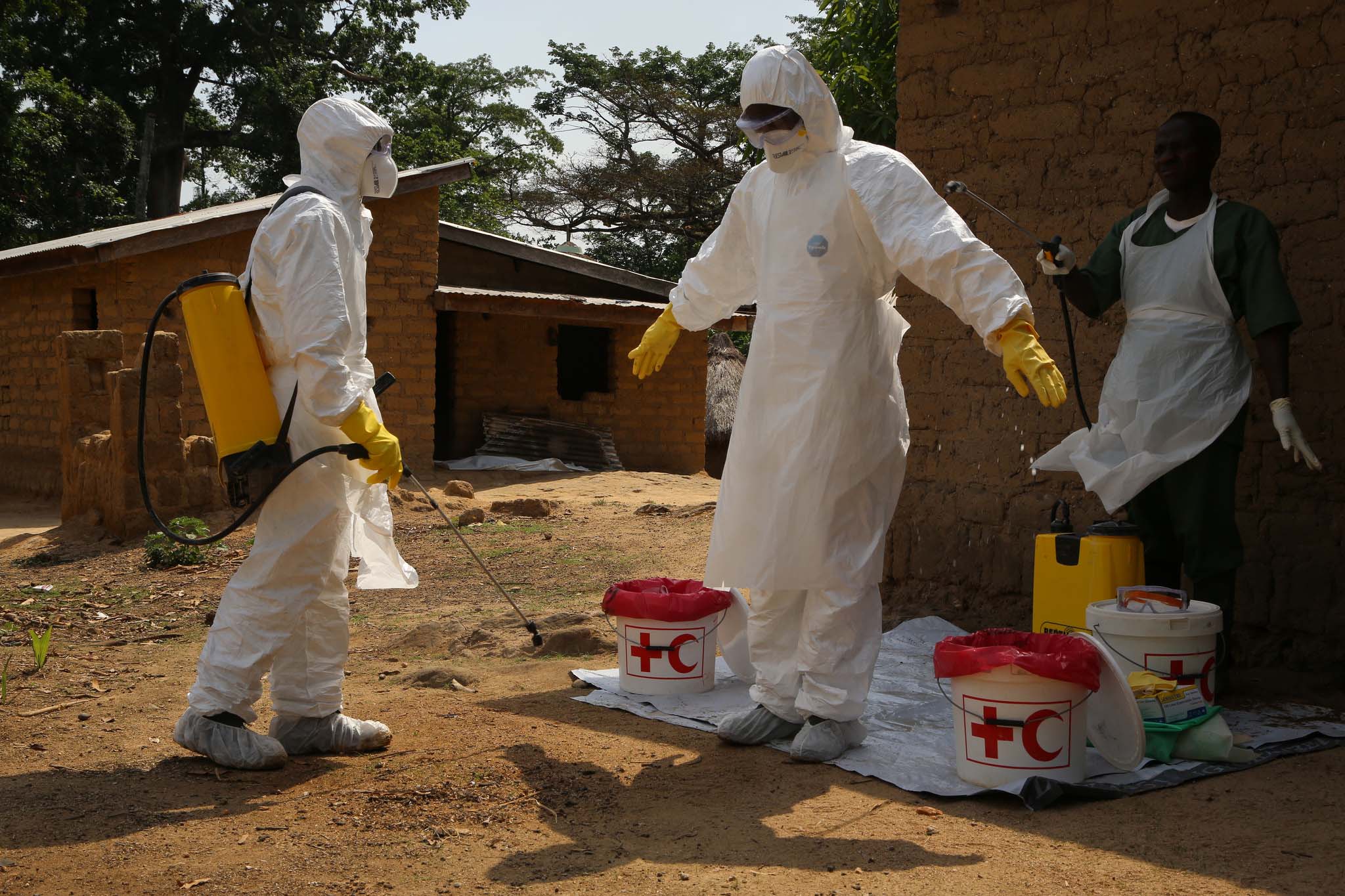
Qatar’s Supreme Council of Health has warned the country’s residents against traveling to Guinea, Sierra Leone, Liberia and Nigeria due to concerns about the spread of the deadly Ebola virus.
This weekend, the World Health Organization declared Ebola an international emergency and urged nations to step up vigilance to ensure that the disease does not continue to spread as quickly as it has in West Africa over the past few months.
As of Aug. 4, an Ebola outbreak that began in March has killed some 932 people, according to WHO. There is no vaccine against the illness, which spreads through close contact with the bodily fluids of infected people.
In a statement yesterday, the SCH said there are still no suspected or confirmed cases of the virus in Qatar. It added:
“SCH also warns all Qataris and residents against travel to Guinea, Sierra Leone, Liberia and Nigeria. Otherwise, travelers to these countries should abide to strict infection prevention and control measures, hand washing, avoid the direct contact with the blood and other body fluids, via using the personal protective equipment and avoiding skin piercing instruments in addition to practicing safe hygienic measures.”
The Nigerian embassy in Qatar was not immediately available for comment. But speaking to Doha News by phone this morning, a representative of the Liberian Embassy here said:
“Liberia is working with a number of international organizations in order to put rigorous medical procedures in place. We are working frantically with WHO among others. We are working around the clock to ensure the virus is contained.”
Ebola primer
Despite declaring Ebola a worldwide concern, WHO has stopped short of advising that any travel restrictions – in large part because Ebola does not spread via the air, like the flu virus.
Qatar Airways has said it is monitoring the situation “very closely,” but has not suspended any flights to Nigeria or Liberia.
However, Kuwait and Saudi Arabia have gone beyond advising residents against flying to Guinea, Liberia and Sierra Leone. Saudi, for example, has upped airport screenings and stopped issuing visas for Muslim pilgrims from the three countries.
People infected with Ebola often experience a sudden onset of fever, muscle pain, headache and a sore throat. This is followed by vomiting, diarrhea, impaired kidney function and internal and external bleeding.
It can take from two to 21 days for a person infected with Ebola to exhibit symptoms, but only those with symptoms are considered contagious, according to the SCH.
The health council added that a meeting will be convened today with officials from Hamad Medical Corp., Qatar Airways, Qatar Petroleum, the Ministry of Interior and the Armed Forces to discuss potential Ebola outbreak scenarios and devise preventative and control measures.
Thoughts?
Credit: Photo by European Commission







